Linking Voter Lists to AADHAAR: For Transparent Elections and Fortifying Democracy
Election Commission of India, the Government and the Political Parties must push for Aadhaar-linked Electoral Rolls for Enhanced Transparency and Integrity in our Democratic Process.
Introduction: The purity and integrity of voter lists, also known as electoral rolls, are crucial for upholding the democratic values of India. While the existing system of revision overseen by the Election Commission of India (ECI) has been effective, challenges persist, particularly in preventing “multiple” voters being registered and impersonation. This article highlights the significance of maintaining authentic and accurate voter lists, explores the advantages of linking them to AADHAAR, addresses privacy concerns raised by advocates and NGOs, evaluates the Election Commission's initiatives, and presents a way forward to achieve this integration1.
Importance of Pure Voter Lists2: Voter lists serve as the cornerstone of fair elections, ensuring the credibility of the entire democratic process. However, instances of individuals possessing multiple votes in different states undermine the integrity as well as credibility of these lists. To safeguard the purity of voter rolls, it is imperative to adopt measures that prevent multiple voting and impersonation. Linking voter lists to AADHAAR offers a potential solution, as it can help identify and eliminate fake and duplicate voters, thereby fostering a more transparent and trustworthy electoral system.
Returning Officer of Vidisha Lok Sabha constituency (Collector Raisen) handing over the certificate of election to Ms Shushma Swaraj. (May, 2014)
Advantages of Linking Voter Lists with AADHAAR: The integration of AADHAAR with voter lists brings numerous benefits. AADHAAR, although not mandatory, is widely used and can be obtained from infancy, allowing citizens ample time to acquire it well before attaining the voting age of 18 years. By linking voter lists to AADHAAR, the identification and exclusion of multiple and bogus voters become possible. Leveraging AADHAAR's unique identification features can effectively prevent impersonation and the casting of votes on behalf of missing or deceased voters. Such integration is thus vital for upholding fairness and preserving the sanctity of the electoral process.
Addressing Concerns of Privacy Advocates and NGOs: Privacy concerns associated with linking voter lists to AADHAAR must be addressed to ensure the protection of citizens' personal information. Implementing robust data protection laws and stringent safeguards against unauthorized access and misuse of sensitive data is essential. Public awareness campaigns can also play a crucial role in educating citizens about their rights and the secure handling of their AADHAAR information. By striking a balance between data security and the need for accurate voter lists, concerns can be assuaged, fostering public trust in this integration.
As Election Observer in April-May, 2014 in Raisen-Vidisha Lok Sabha constituency.
Initiatives of the Election Commission and Lessons Learned: The Election Commission has implemented initiatives, including the National Electoral Roll Purification and Authentication Program (NERPAP), with the aim of enhancing the integrity of voter lists. Although these efforts have shown promise, challenges arising from implementation glitches and controversies have been observed. To overcome these hurdles, appropriate amendments in the Representation of People Act, 1950, or the framing of statutory rules can be pursued to make AADHAAR mandatory for voter registration. Leveraging the overlapping responsibilities of officials handling AADHAAR and voter registration can help minimize logistical challenges.
Challenges and the Way Forward: The integration of voter lists with AADHAAR poses challenges that require concerted efforts. While it is unlikely to be achieved before the 2024 Lok Sabha elections, it is crucial to acknowledge that AADHAAR is solely a proof of identity and not of citizenship. Mechanically following AADHAAR for new voter registration must be avoided, especially in states of the North-East and West Bengal with widespread instances and allegations of illegal immigrants. Additionally, aligning the electoral rolls for Panchayati Raj Institutions (PRIs) and Urban Local Bodies (ULBs) with the ECI's Aadhaar-linked voter lists will help reduce inefficiency and confusion.
Polling day in May, 2014 in Raisen-Vidisha Lok Sabha constituency.
Way Forward: Safeguarding the integrity of voter lists is paramount not only for preserving but also further strengthening the democratic fabric of India. Linking voter lists to AADHAAR provides a viable solution to address concerns regarding multiple voting and impersonation, with minimal investment and administrative effort. By enacting effective data protection laws and conducting public awareness campaigns, we can strike a balance between privacy and accuracy. Collaboration among the Election Commission, central and state governments, political parties, NGOs, and citizens is crucial for the successful integration of AADHAAR with voter lists. Together, we can fortify the electoral process, ensure its integrity, and uphold the values of our democratic system. In the world's largest democracy, "We, the People," must give ourselves this invaluable gift.
All the photos are from my Election Observer duty in Raisen-Vidisha Lok Sabha constituency, Madhya Pradesh in the April-May, 2014 Lok Sabha elections.
When Mr TN Seshan originally pushed for Voter ID Cards there was a huge backlash and resistance. However, his persistence succeeded.
The Shadow of the Mighty Seshan on Punjab Elections, in the1990s:
My Brush with Late TN Seshan TN Seshan, an IAS officer of the 1955 batch of Tamil Nadu cadre was appointed as the Chief Election Commissioner (CEC) by late Mr Chandra Shekhar on 12th December, 1990, during his brief tenure as the Prime Minister. Prior to his appointment, the Election Commission of India (ECI) was regarded nothing more than an appendage t…
"From Voter to Citizen": Unleashing the Power of Active Participation
Introduction: India, the world's largest democracy with a population of over 1.42 billion people, boasts of a politically aware and well-informed citizenry. In this era of information, where the internet plays a pivotal role in disseminating knowledge, citizens are increasingly engaged in various local and global issues. This hold good even though a sig…

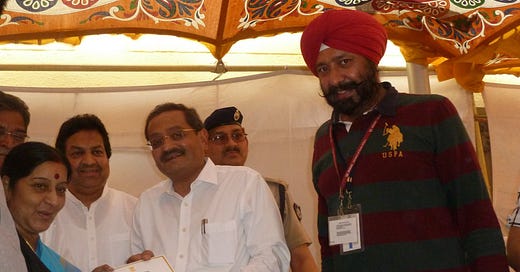


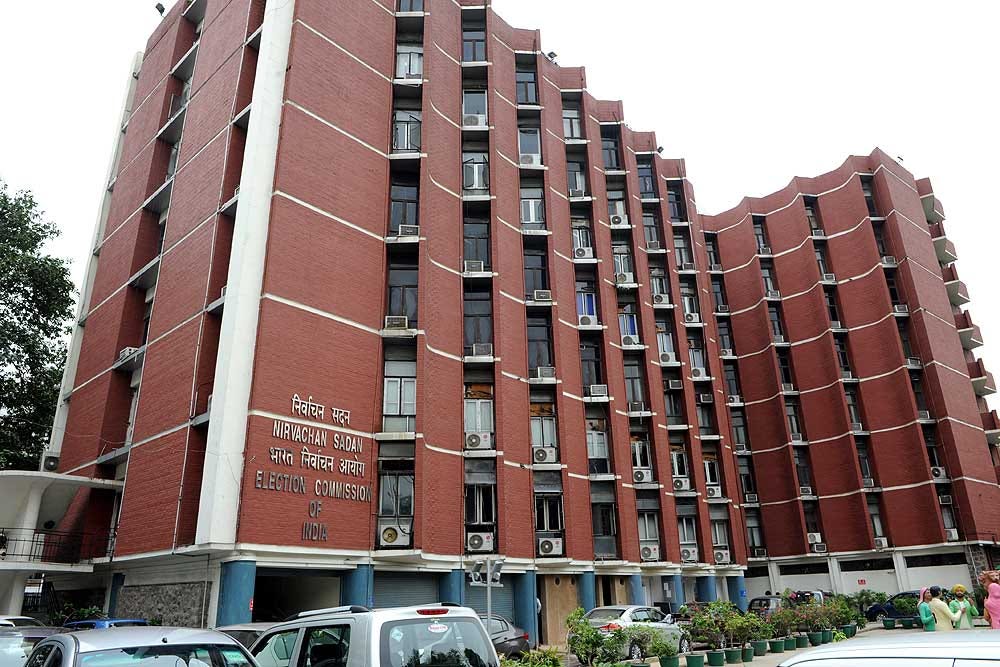

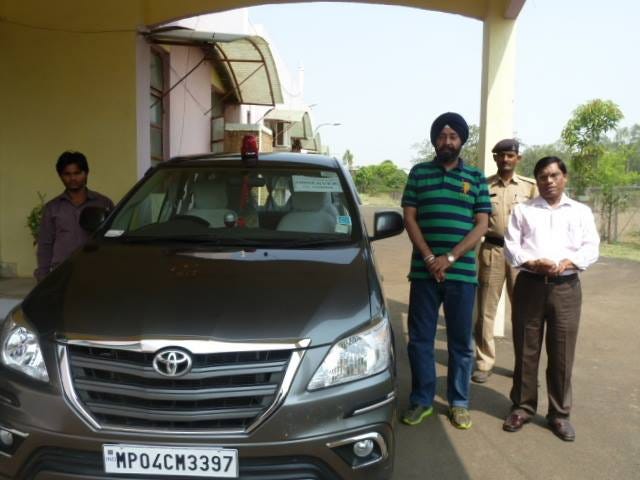
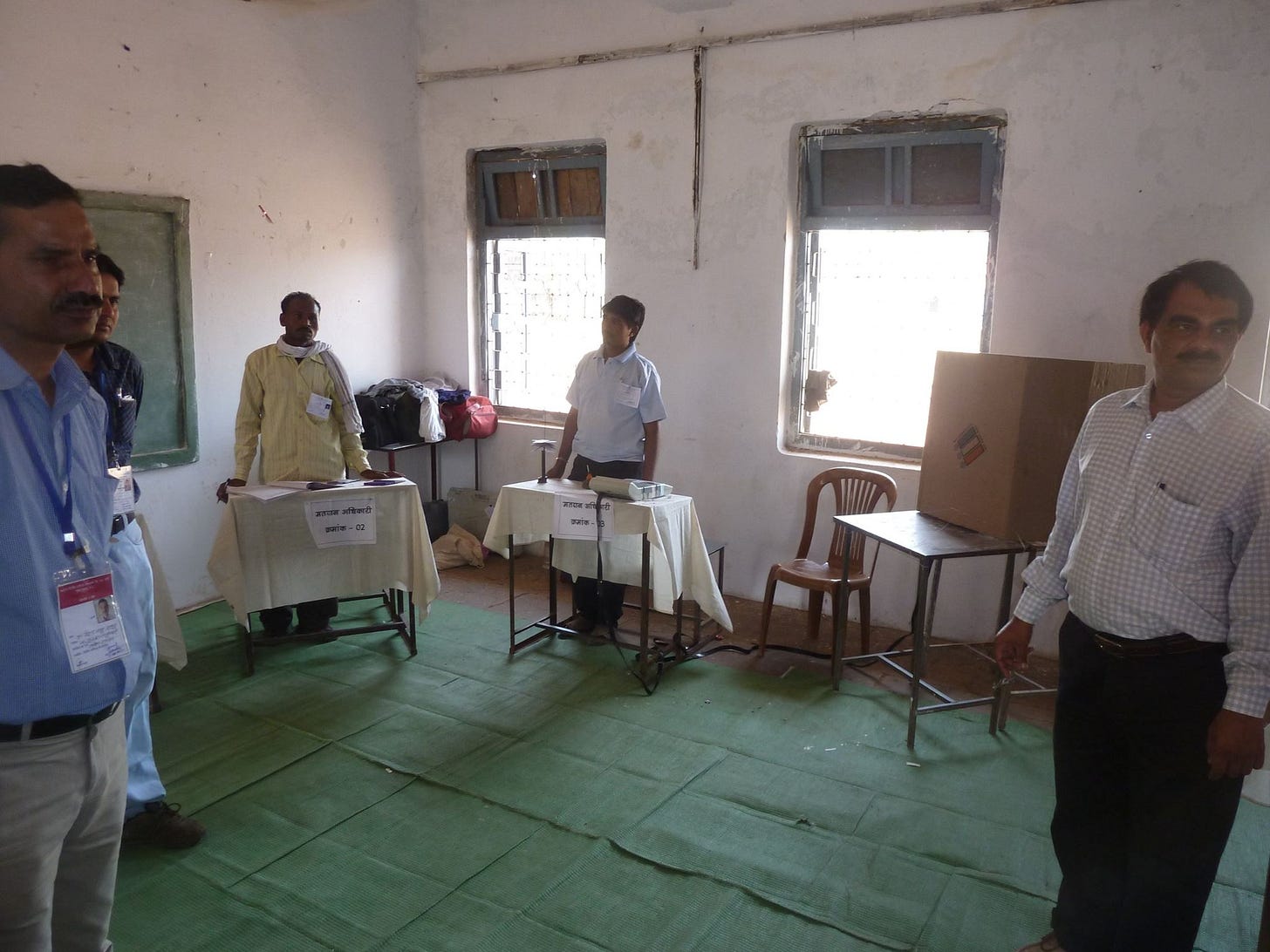
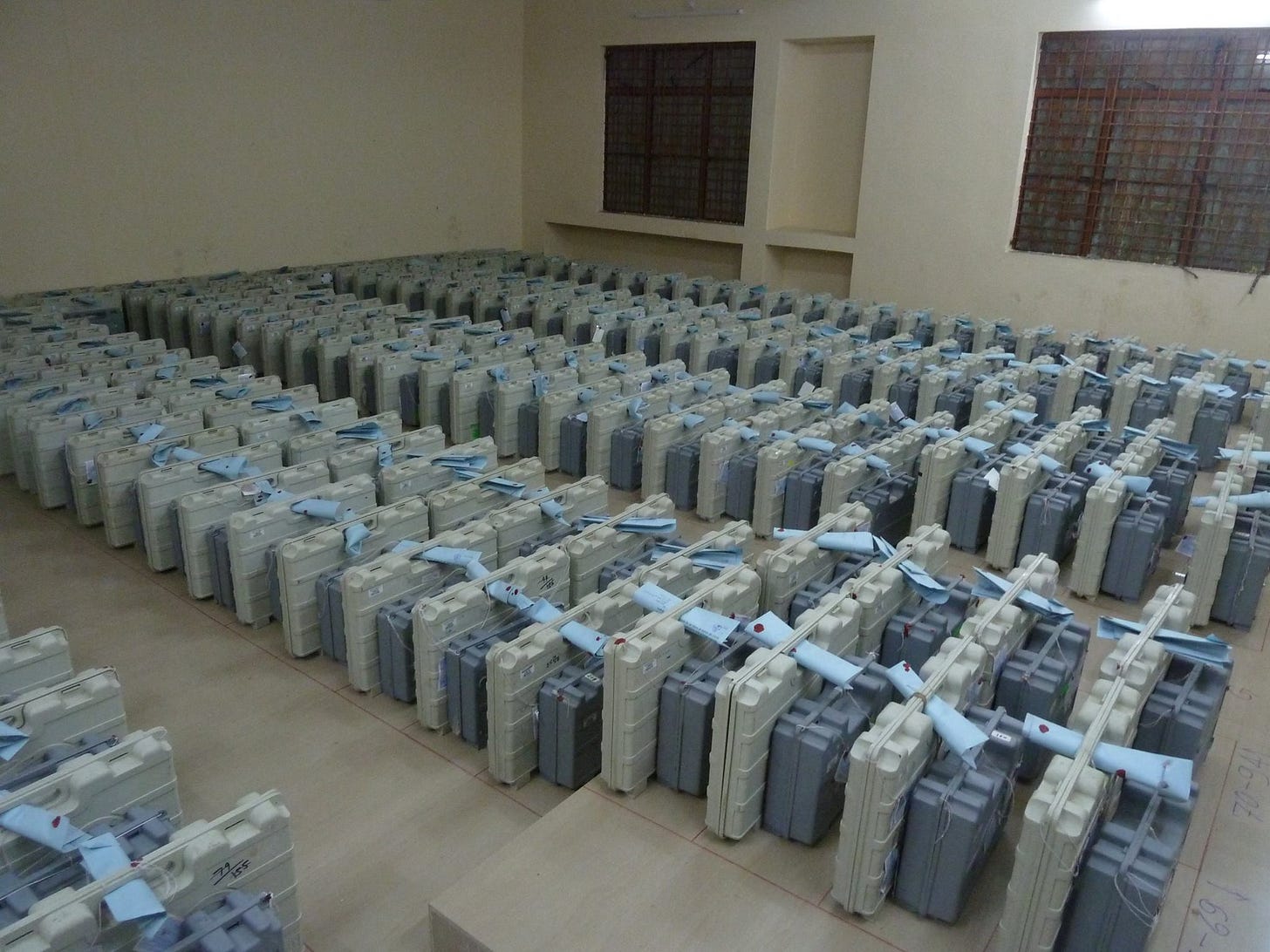
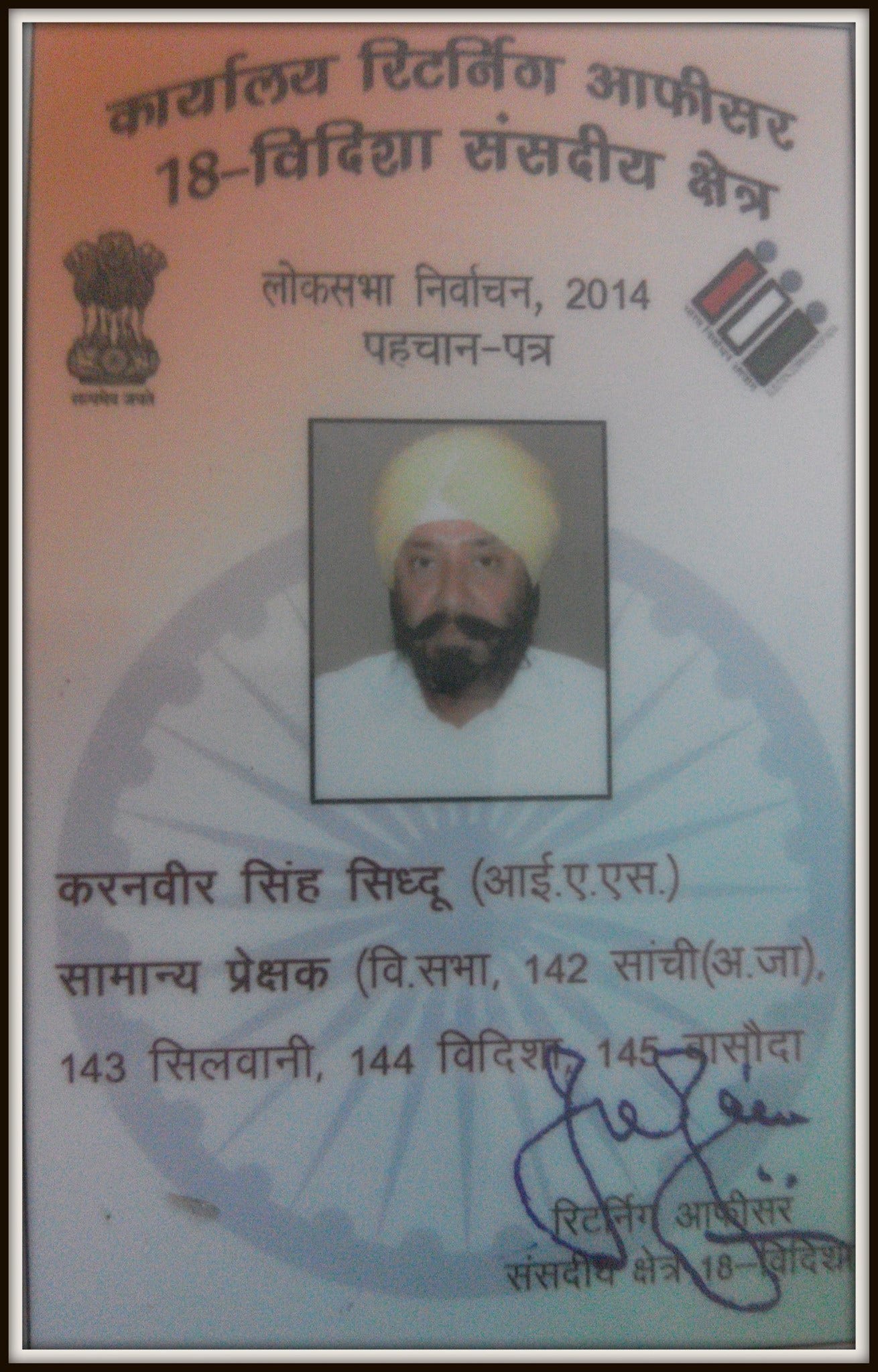
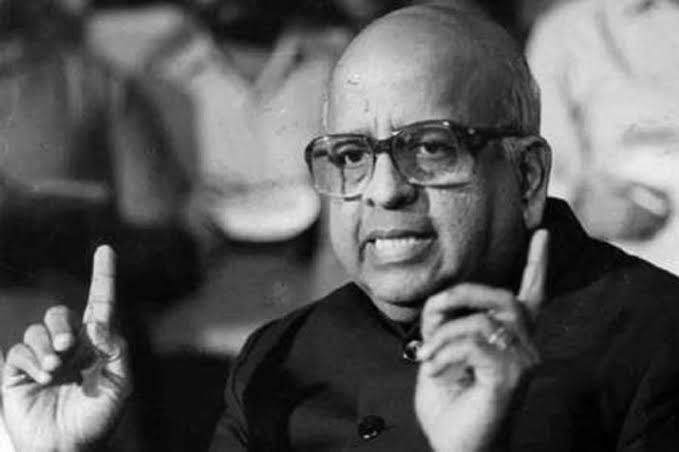

Your suggestions are great 👍🏼. Political parties should show honesty . We should of course play our part to help the Govt.
A senior functionary of the Election Commission of India messaged privately as follows:
"The exercise to link Aadhaar had already been initiated by ECI and around 90-95% AADHAR's collected; however, there are some technical issues to link it as the names on Aadhaar and Voter Id card (EPIC) may be different and the exercise may create fury, if majority may be rejected due to this issue.'